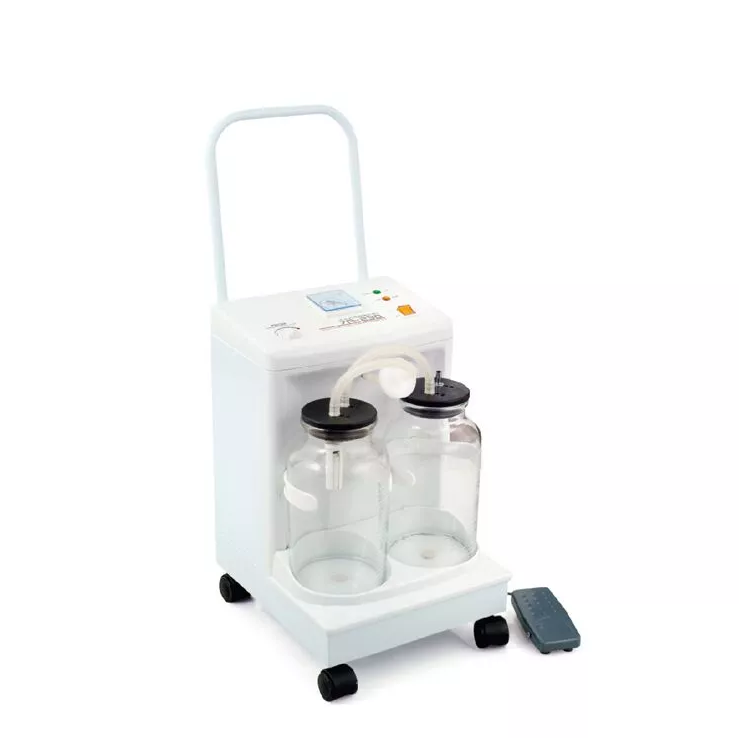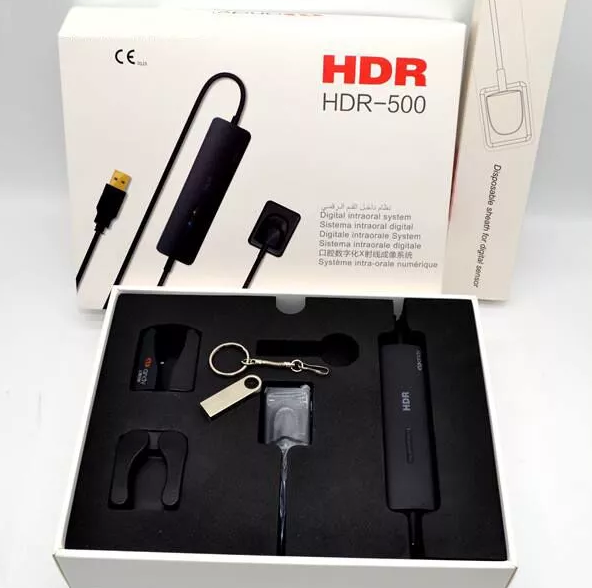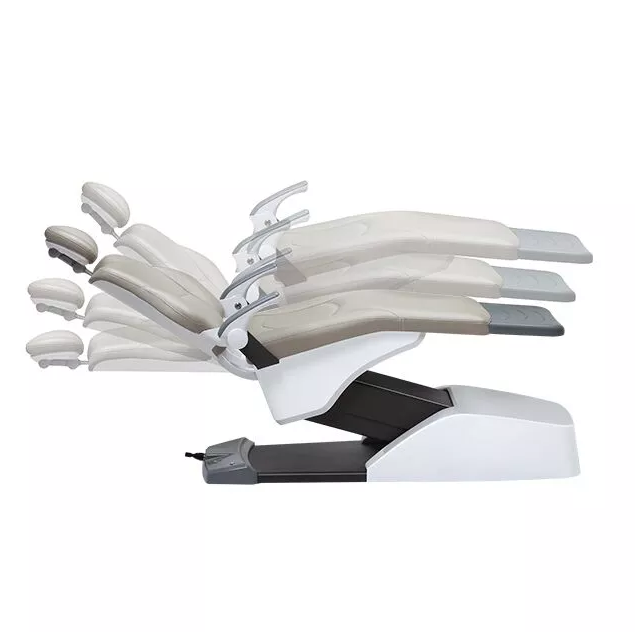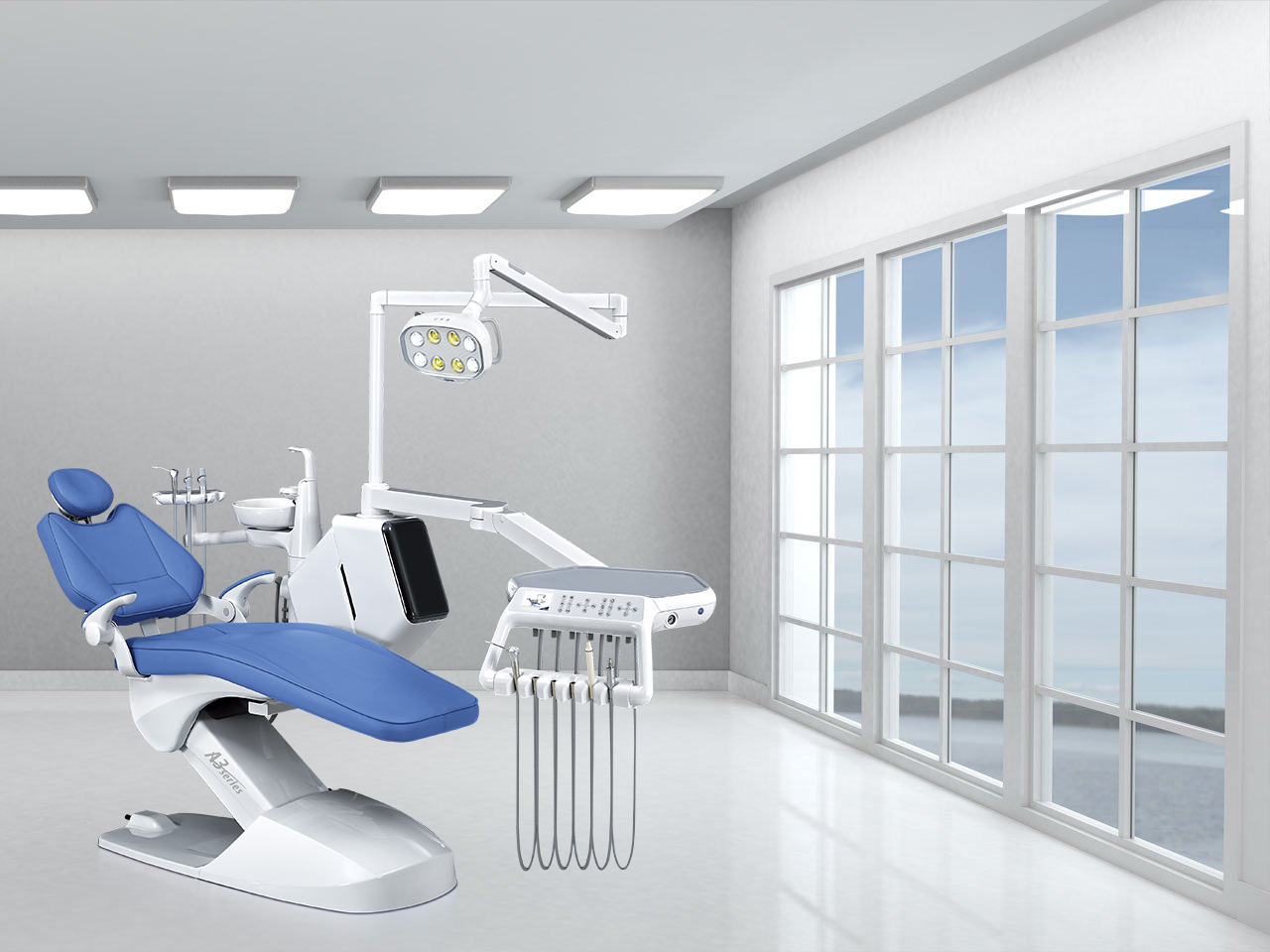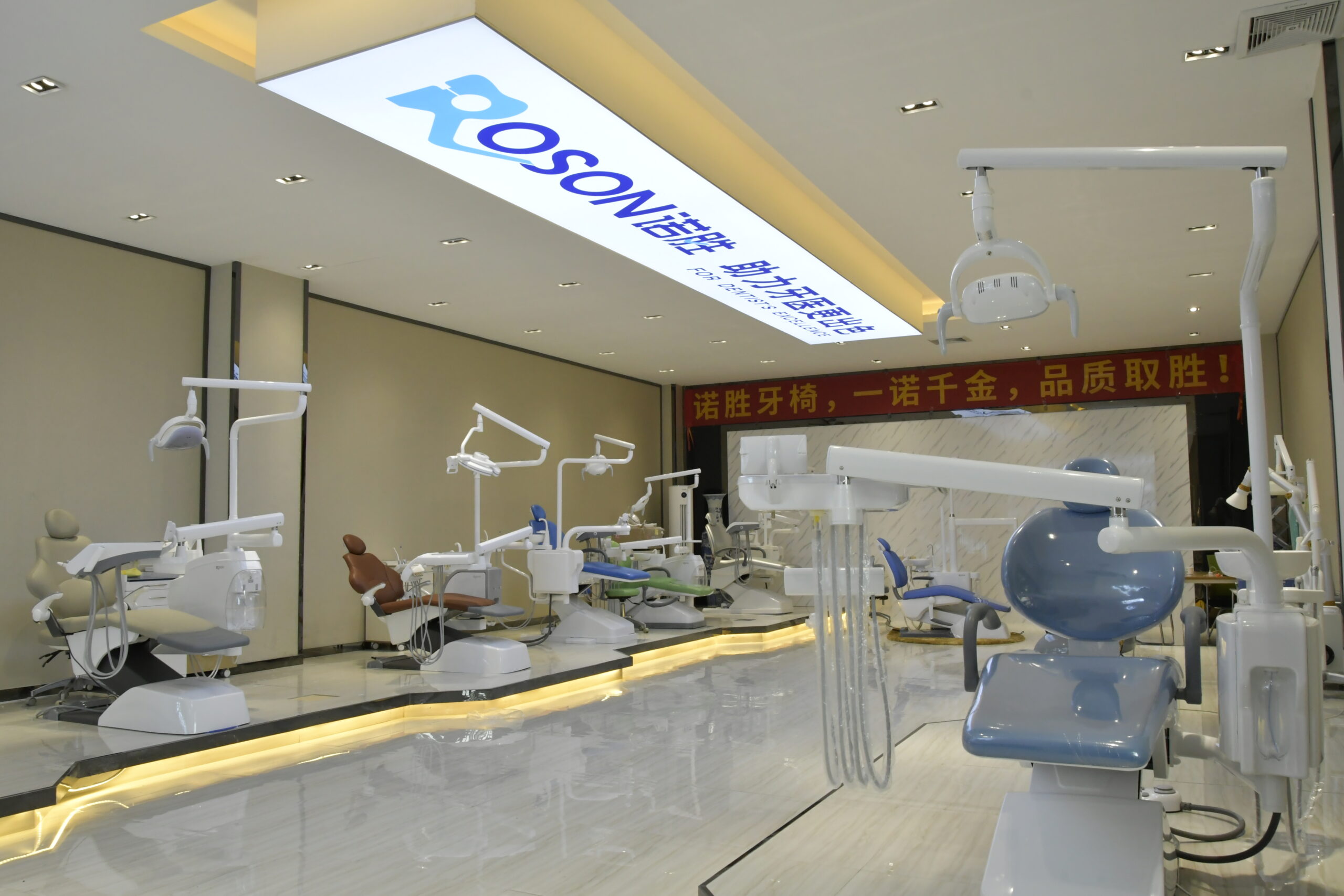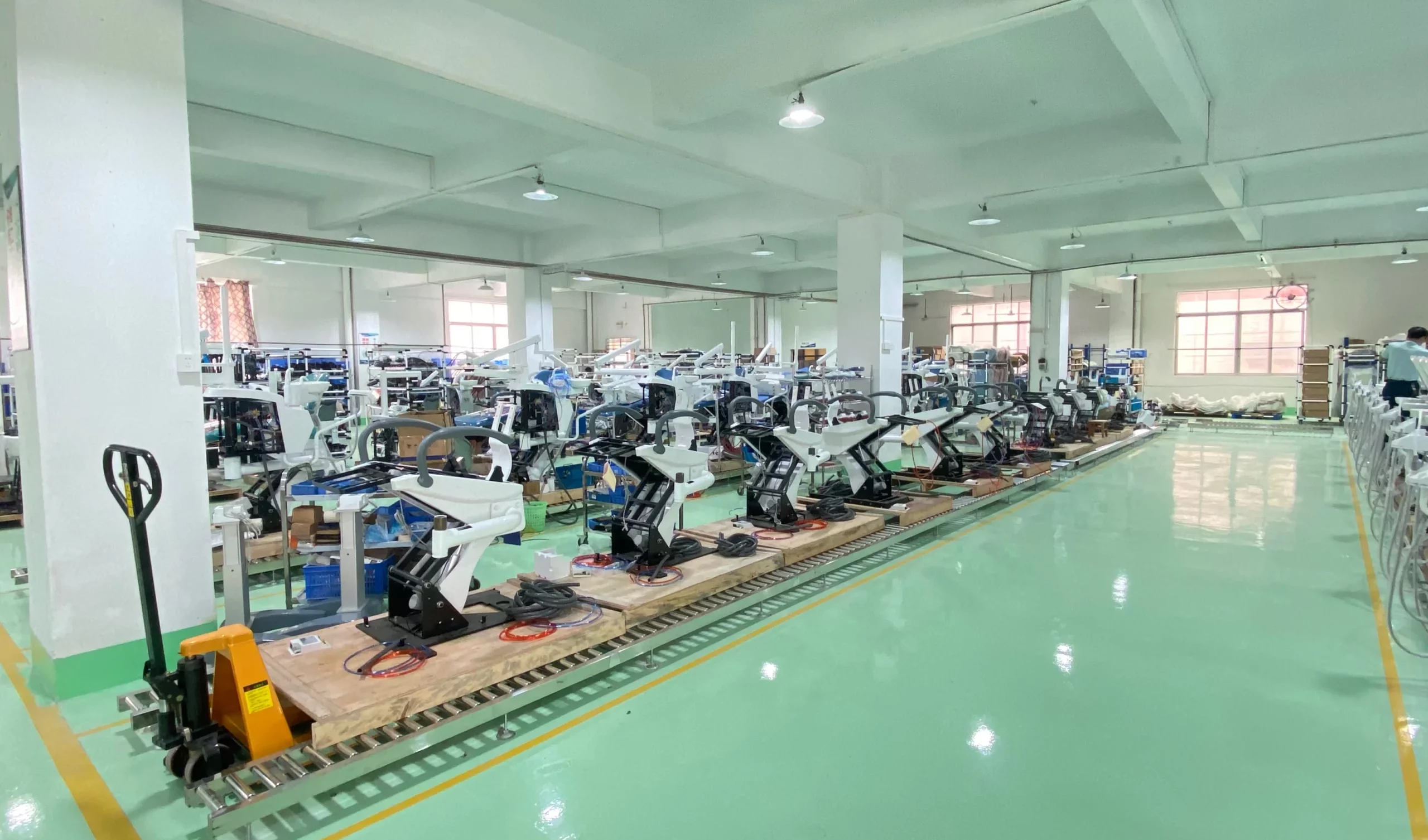Why Is Maintenance Of Dental Equipment Important?
Dental equipment is a very important part of dental practice. It is used for various purposes in the clinic. It helps to make your job easier and more efficient. You can only enjoy the best services from your dentist when your equipment is properly maintained.
What is the importance of preventive maintenance on the equipment?
It reduces downtime:
If you want your dental equipment to perform at its best, you need to have it maintained on a regular basis. Regular maintenance helps in maintaining the functionality and efficiency of your dental chair as well as other medical devices in your clinic or hospital. Downtime can be extremely expensive for your business as well as for your patients who are waiting for their appointments.
It improves performance:
With proper preventive maintenance on your dental equipment, you can get better performance from them. Your technicians will not have to spend hours troubleshooting minor issues like broken wires or loose parts, which helps them provide better service to their patients.
It increases the life of the equipment:
Preventive maintenance increases the life of any equipment, be it a dental chair or any other piece of equipment. By doing this, you can save yourself from having to purchase another one right away. This will also save you money since purchasing new equipment can be expensive.

The Dental Chair System: Which Parts Need Maintenance?
According to different working areas, the components of the dental chair can be divided into the following four areas. These areas require periodic maintenance and inspection to avoid accidents during treatment.
1. The operating table area:
It includes the operating table, the patient’s armrests, and foot support, as well as associated devices such as handles and foot pedals. These parts must be checked for wear and tear on a regular basis so that they can be replaced if necessary. The table itself should also be checked for damage or loose screws every six months.
2. The patient’s headrest area:
This part includes the headrest and its components, as well as any accessories attached to it (e.g., mirrors). Headrests should be cleaned regularly and should always be inspected before use to make sure they are not damaged or broken in any way (i.e., torn fabric). If they are found to have any defects, they must be repaired immediately.
3. The foot support area:
This part is located under your feet, and it supports your lower body during treatment. It should be cleaned regularly so that no debris falls onto your shoes or socks when you stand up after treatment.
4. The central control system:
This part includes all electric components such as motors, electrical wires, electric switches, and so on; these parts must be inspected regularly because they are prone to damage due to dust accumulation over time or other external factors such as corrosion caused by water splashes from patients’ saliva or other liquids during treatment.
How Are Dental Chairs Sterilized?
Dental chairs are the most important tools that dentists use for their patients. It is not only a place for the patient to sit, but it also plays a significant role in their treatment. The dental chair is a complete set of instruments or equipment used by dentists to perform a variety of dental procedures.
After understanding its structural composition area, you can clearly how to sterilize the dental chair. Here are some precautions for the maintenance of dental chairs:
Get the right sanitizing equipment for your dental chair unit:
In the treatment table area, you’ll have a lot of equipment that needs to be sanitized. You need to have the proper sanitizing equipment ready for them. For example, an autoclave for your dental handpiece. But you have to know that some liquids cannot be sterilized in an autoclave.
To use sanitizers correctly:
Use the right amount of disinfectant for different areas of the chair and make sure it is not too much or too little. Do not use high-temperature disinfectants on soft plastic parts (such as cushions and headrests) that may cause deformation or discoloration or even damage them. You can only use low-temperature disinfectants if necessary.
How Often Should Dental Chairs Be Serviced?
The answer depends on how often you use them and what type of cleaning solution you use on them. Your chairs should be cleaned at least once every three months if used daily or weekly for four hours each day. If you only use them once or twice per week, then cleaning them once every six months should suffice.
If you think about how much saliva goes into those chairs during an appointment, it’s easy to see why they need regular maintenance and cleaning services. Saliva contains many different types of bacteria and germs that can cause sickness if left untreated on surfaces like these chairs.
Other Precautions For The Maintenance Of Dental Chairs:
- 1. The dental chairs should be cleaned and disinfected every day, especially when they have been used by several patients.
- 2. The dental chair must be checked for any cracks or holes and sealed immediately to prevent any infection from spreading in the clinic.
- 3. The dental chair should be checked for any loose screws, broken parts, or missing parts before each use to ensure that it is safe for use on patients.
- 4. The dental chair should be inspected thoroughly before each use to prevent any injuries during treatment.
- 5. Any new parts or materials used in making these chairs should comply with international standards.
Final Words:
This blog divides the dental chair into 4 working areas and introduces how to better maintain them. The precautions for the maintenance of dental chairs here are not a panacea.
Dental chairs are very important, and a safe, reliable and compliant dental chair is even more precious. You can find what you need at Roson!


